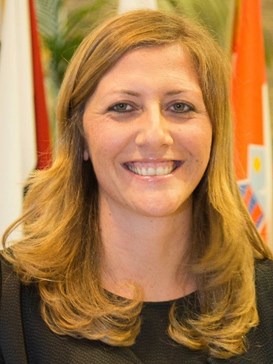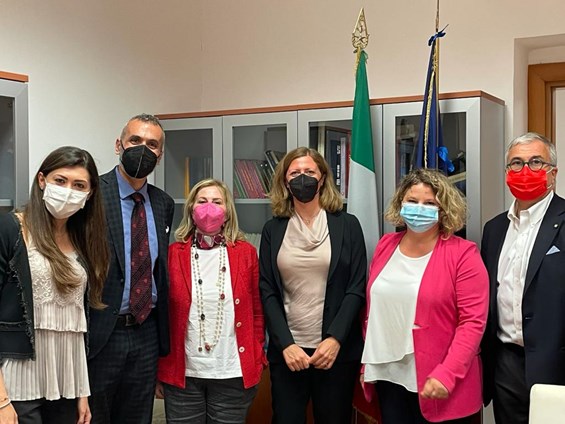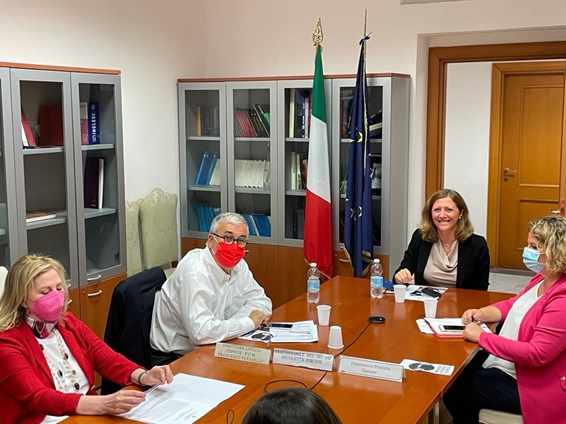23 June 2021
Hearing of Nicoletta Pirozzi, Head of the "EU, Politics and Institutions" Programme and Head of Institutional Relations at the Istituto Affari Internazionali (IAI)

Nicoletta Pirozzi's main areas of interest are EU governance, political and institutional aspects of CFSP/CSDP, civilian crisis management, EU-UN relations and EU-Africa relations. She is the scientific coordinator of the Horizon 2020 EU IDEA project – Integration and Differentiation for Effectiveness and Accountability. She is an Associate of the European Governance and Politics Programme at the European University Institute in Fiesole. From 2013 to 2019 she was an Adjunct Professor at the Department of Political Science, University of Roma Tre. In 2018 she was a Marshall Memorial Fellow and Associate Analyst at the EU Institute for Security Studies in Paris. In 2012 she was a Seconded National Expert at the European External Action Service in Brussels. She is the author and editor of numerous publications, and an active member of several associations and research institutions.
Hearing summary
The hearing of Nicoletta Pirozzi, Head of Institutional Relations of the Institute of International Affairs and of the programme "EU, Politics and Institutions" and of Eleonora Poli, Project Manager of the same programme, took place today.
The meeting highlighted the Conference on the Future of Europe provides an excellent opportunity to listen to citizens' requests regarding the future of Europe, primarily at such a delicate moment for the Union.
However, for this exercise to be truly meaningful, the right mechanisms must be identified and used in order to translate European citizens’ preferences into concrete policies by involving them in a bottom-up process and mobilising them in the implementation phase of the Conference.
The suggestion made is to start with the issues that matter most to younger generations, such as climate change, digitalisation, European citizenship, solidarity and Europe's place in the world, and to make them feel heard by the institutions.


